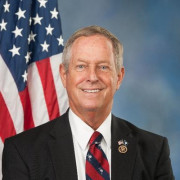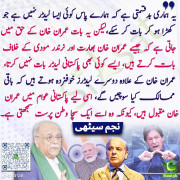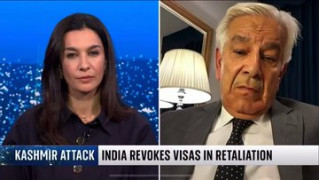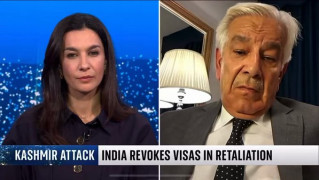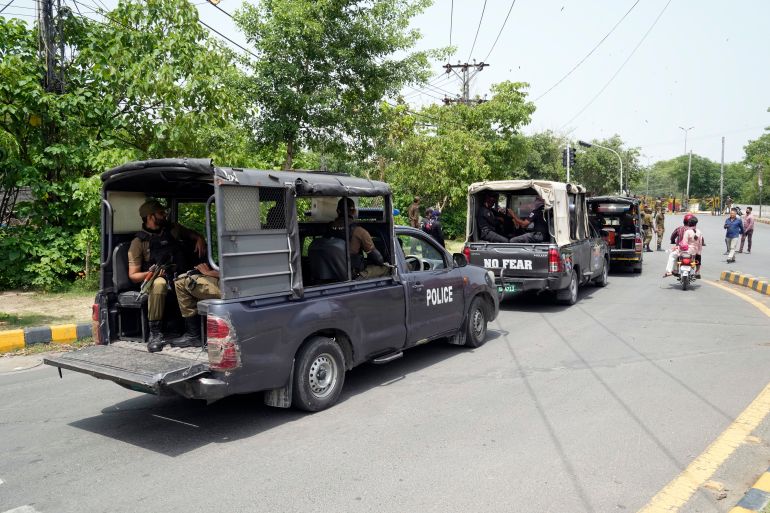D'Invincible
Senator (1k+ posts)
In dire straits: Economic situation termed ‘scary’
By Our Correspondent
Published: June 7, 2012


For a handful of people who can deliver a speech in English on fiscal policy using a PowerPoint presentation, the last two weeks have been very busy. Be it pre-budget seminars or post-budget briefings held to influence the ensuing debate over the Finance Bill in parliament, one can expect the same old, familiar speakers to show up on nearly all such occasions.
The Institute of Cost and Management Accountants of Pakistan (ICMAP) and the Institute of Chartered Accountants of Pakistan (ICAP) – two of the three leading accounting bodies operating in Pakistan – held their post-budget seminars on Tuesday night and Wednesday, respectively. Although the two seminars had many renowned experts in common, the key speaker on both occasions was the much-celebrated corporate titan-turned-politician Asad Umar, who resigned as president of Engro Corporation in April to join the Pakistan Tehreek-e-Insaf (PTI).
“The economic situation of the country is so scary that the government can’t even muddle through now,” said Umar, while referring to the gross domestic product (GDP) growth rate – which he called the lowest in the country’s history – and the soaring inflation, which he termed the highest in the past six decades of the country’s existence.
“Investment isn’t decreasing, it’s actually collapsing,” he said with reference to the investment-to-GDP ratio that has declined from 22.5% to 12.5% in the last four years. The per-year decline in investment, according to Umar, has been $20 billion, with foreign direct investment (FDI) dropping from $6 billion
to $1 billion under the current government.
In view of the strong economic growth in neighbouring India, Umar claimed that per-capita income there would double in 12 years. However, Pakistan would take 70 years to achieve 100% growth in its per-capita income.
Making the economic situation sound further scary, Umar told the audience that the Sub-Saharan Africa – one of the least developed parts of the world – grew 50% faster than Pakistan in the last four years.
Calling him a ‘thorough professional’, Umar praised the federal finance minister lavishly at one of the seminars. “Hafeez Shaikh knows the economy far better than I do. But the problem is that he has no control over the economic situation.”
AF Ferguson & Co Partner Shabbar Zaidi, another sought-after speaker who participated in both seminars, was highly critical of the performance of the government’s economic team. Awash with words like ‘disaster’ and ‘crisis,’ the central theme of Zaidi’s speech was that the government, businessmen and the public at large were all responsible for the fiscal mess the nation finds itself in.
Noting that debt servicing, defence, subsidies and administrative expenses formed 31%, 16%, 25% and 11%, respectively, in the proposed budget, he said that 83% of the allocations were set aside for non-productive expenditure.
He stated that the increase in total debt was approximately Rs1.5 trillion per year. With the debt level reaching Rs13 trillion, he said the fiscal deficit would be around Rs1.8 trillion next year. “This country can’t be run with this kind of a fiscal deficit.”
Users of electricity, especially ‘commercial consumers,’ ask for electricity, but contribute nothing to the exchequer, he said, adding that the agriculture sector – both production and trading segments – paid little in taxes.
Criticising those calling for severing trade ties with the western world to make the country ‘sovereign,’ Zaidi said the United States would always remain the main buyer of Pakistani products.
Referring to a research study, he said US per-capita income was likely to be $88,000 in 2050 as opposed to China’s $39,000. “The aging populations of the European Union and the US are an asset for countries like ours.”
Published in The Express Tribune, June 7[SUP]th[/SUP], 2012.
Source
By Our Correspondent
Published: June 7, 2012


For a handful of people who can deliver a speech in English on fiscal policy using a PowerPoint presentation, the last two weeks have been very busy. Be it pre-budget seminars or post-budget briefings held to influence the ensuing debate over the Finance Bill in parliament, one can expect the same old, familiar speakers to show up on nearly all such occasions.
The Institute of Cost and Management Accountants of Pakistan (ICMAP) and the Institute of Chartered Accountants of Pakistan (ICAP) – two of the three leading accounting bodies operating in Pakistan – held their post-budget seminars on Tuesday night and Wednesday, respectively. Although the two seminars had many renowned experts in common, the key speaker on both occasions was the much-celebrated corporate titan-turned-politician Asad Umar, who resigned as president of Engro Corporation in April to join the Pakistan Tehreek-e-Insaf (PTI).
“The economic situation of the country is so scary that the government can’t even muddle through now,” said Umar, while referring to the gross domestic product (GDP) growth rate – which he called the lowest in the country’s history – and the soaring inflation, which he termed the highest in the past six decades of the country’s existence.
“Investment isn’t decreasing, it’s actually collapsing,” he said with reference to the investment-to-GDP ratio that has declined from 22.5% to 12.5% in the last four years. The per-year decline in investment, according to Umar, has been $20 billion, with foreign direct investment (FDI) dropping from $6 billion
to $1 billion under the current government.
In view of the strong economic growth in neighbouring India, Umar claimed that per-capita income there would double in 12 years. However, Pakistan would take 70 years to achieve 100% growth in its per-capita income.
Making the economic situation sound further scary, Umar told the audience that the Sub-Saharan Africa – one of the least developed parts of the world – grew 50% faster than Pakistan in the last four years.
Calling him a ‘thorough professional’, Umar praised the federal finance minister lavishly at one of the seminars. “Hafeez Shaikh knows the economy far better than I do. But the problem is that he has no control over the economic situation.”
AF Ferguson & Co Partner Shabbar Zaidi, another sought-after speaker who participated in both seminars, was highly critical of the performance of the government’s economic team. Awash with words like ‘disaster’ and ‘crisis,’ the central theme of Zaidi’s speech was that the government, businessmen and the public at large were all responsible for the fiscal mess the nation finds itself in.
Noting that debt servicing, defence, subsidies and administrative expenses formed 31%, 16%, 25% and 11%, respectively, in the proposed budget, he said that 83% of the allocations were set aside for non-productive expenditure.
He stated that the increase in total debt was approximately Rs1.5 trillion per year. With the debt level reaching Rs13 trillion, he said the fiscal deficit would be around Rs1.8 trillion next year. “This country can’t be run with this kind of a fiscal deficit.”
Users of electricity, especially ‘commercial consumers,’ ask for electricity, but contribute nothing to the exchequer, he said, adding that the agriculture sector – both production and trading segments – paid little in taxes.
Criticising those calling for severing trade ties with the western world to make the country ‘sovereign,’ Zaidi said the United States would always remain the main buyer of Pakistani products.
Referring to a research study, he said US per-capita income was likely to be $88,000 in 2050 as opposed to China’s $39,000. “The aging populations of the European Union and the US are an asset for countries like ours.”
Published in The Express Tribune, June 7[SUP]th[/SUP], 2012.
Source
Last edited:

